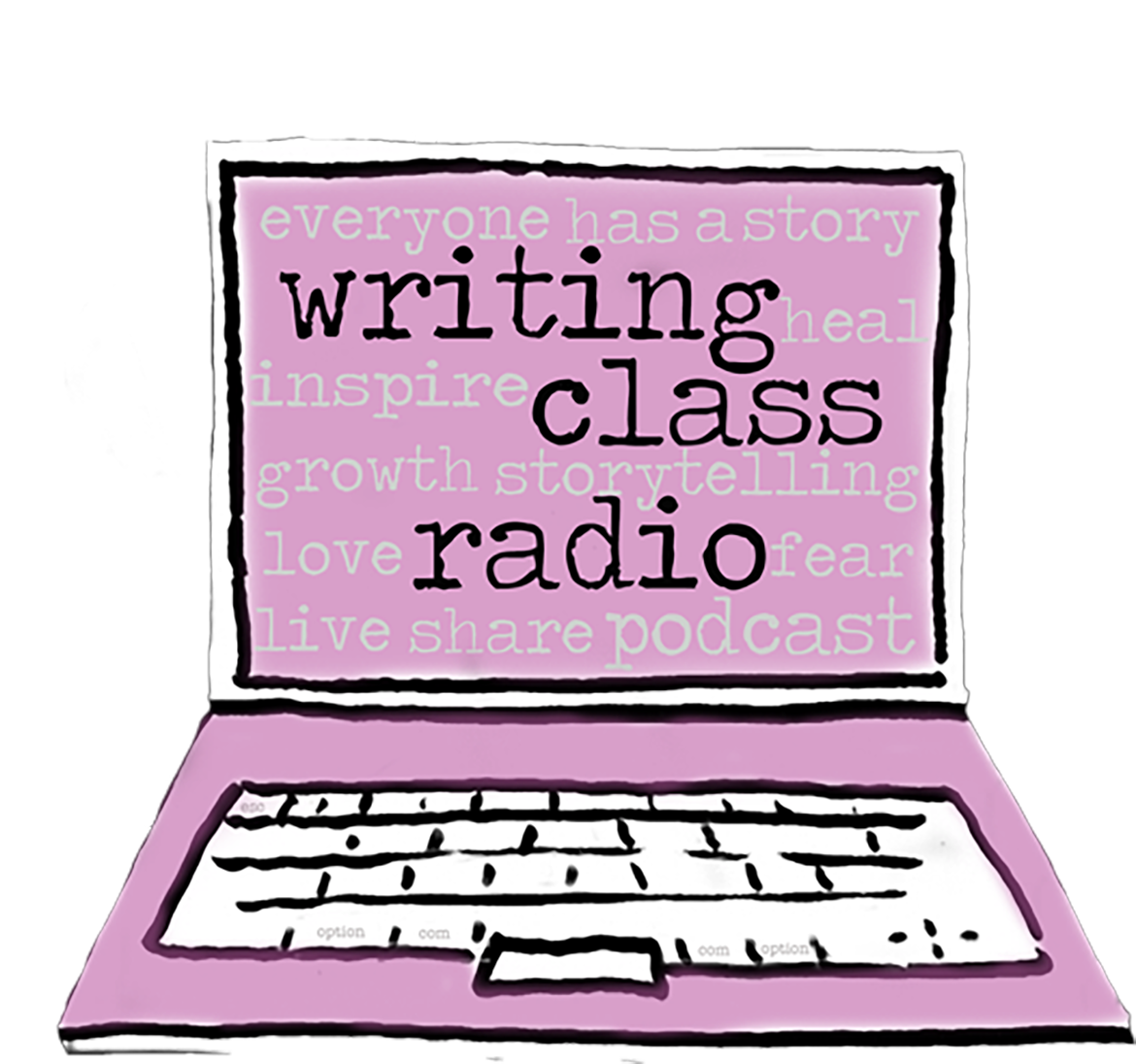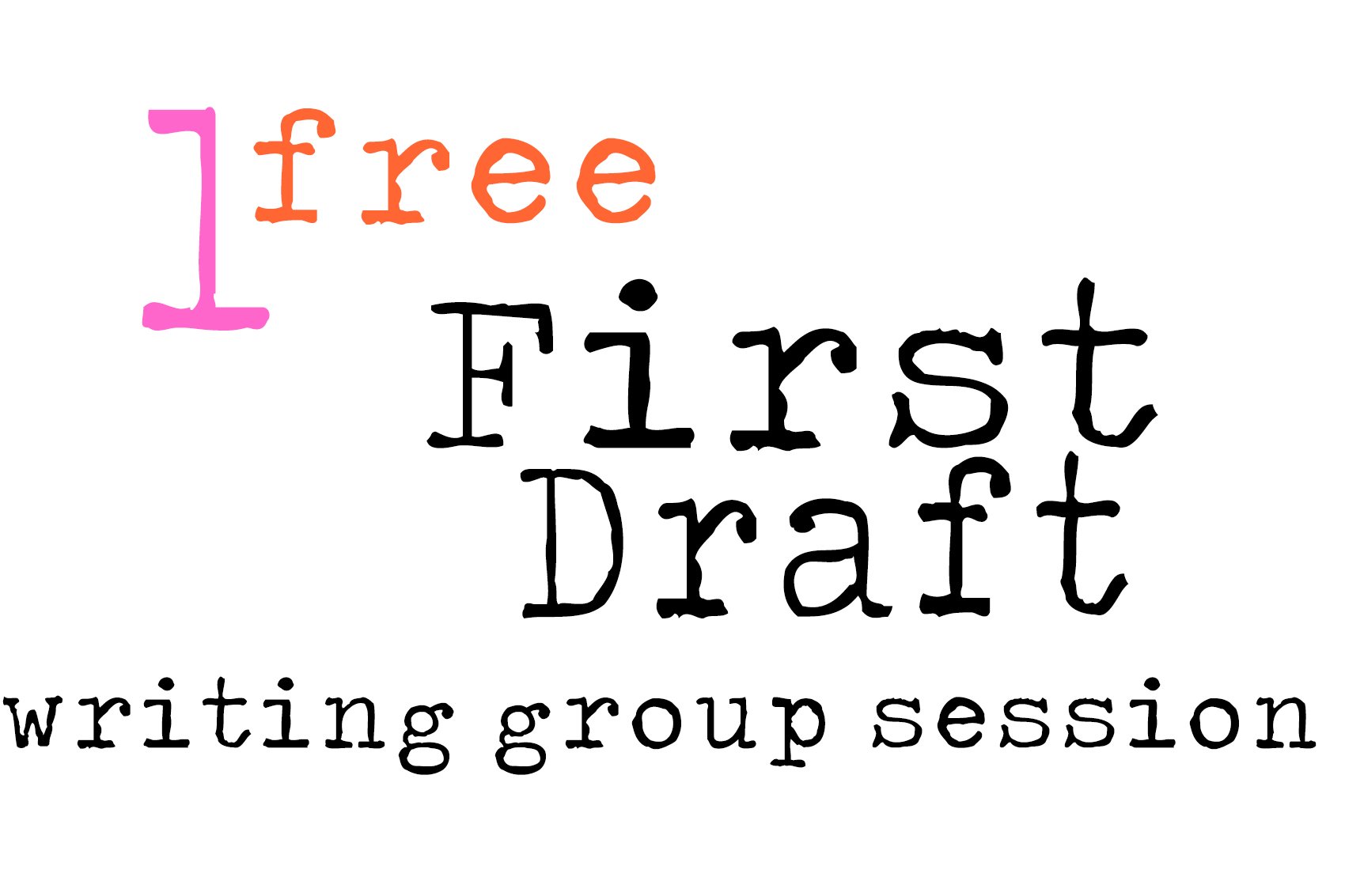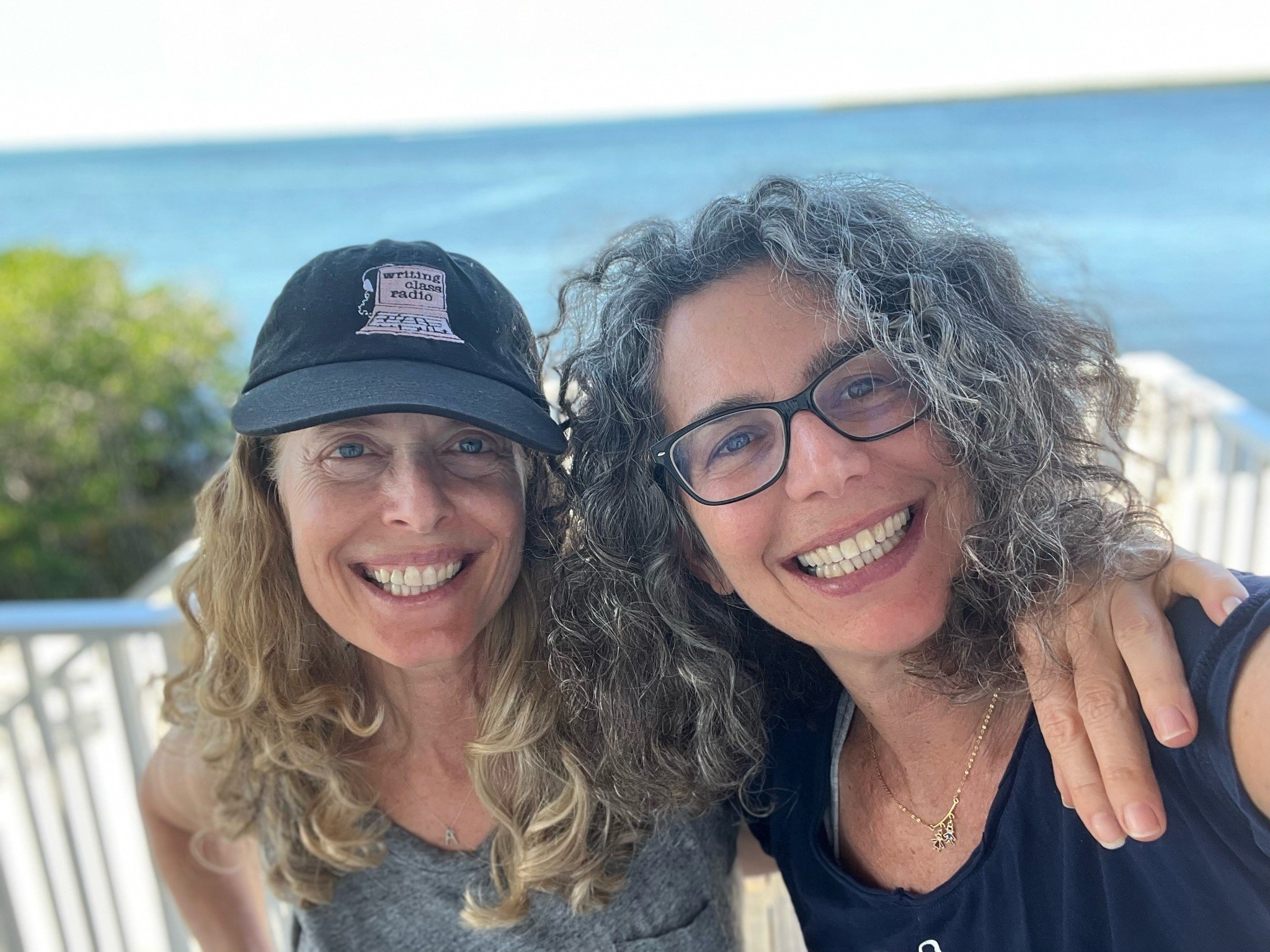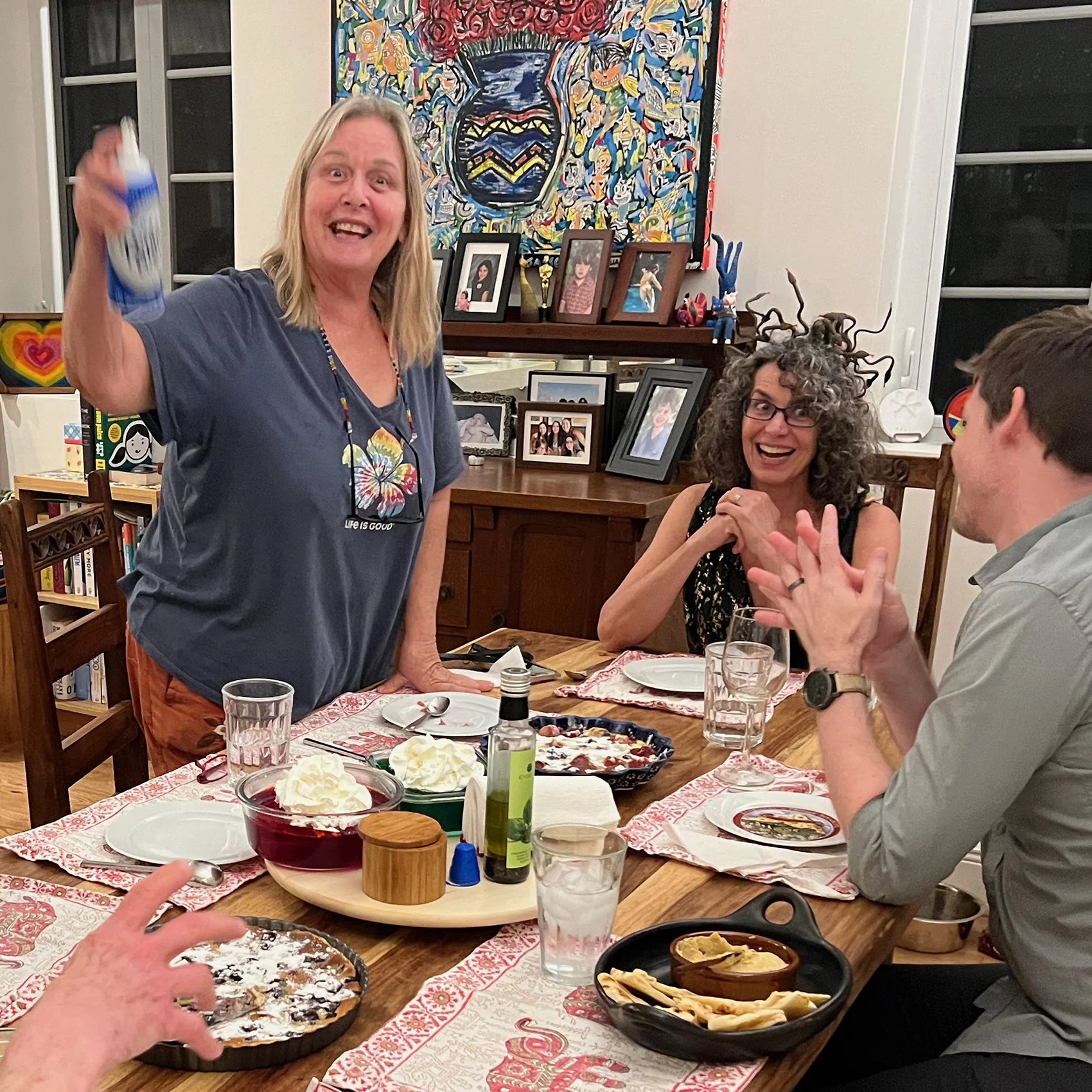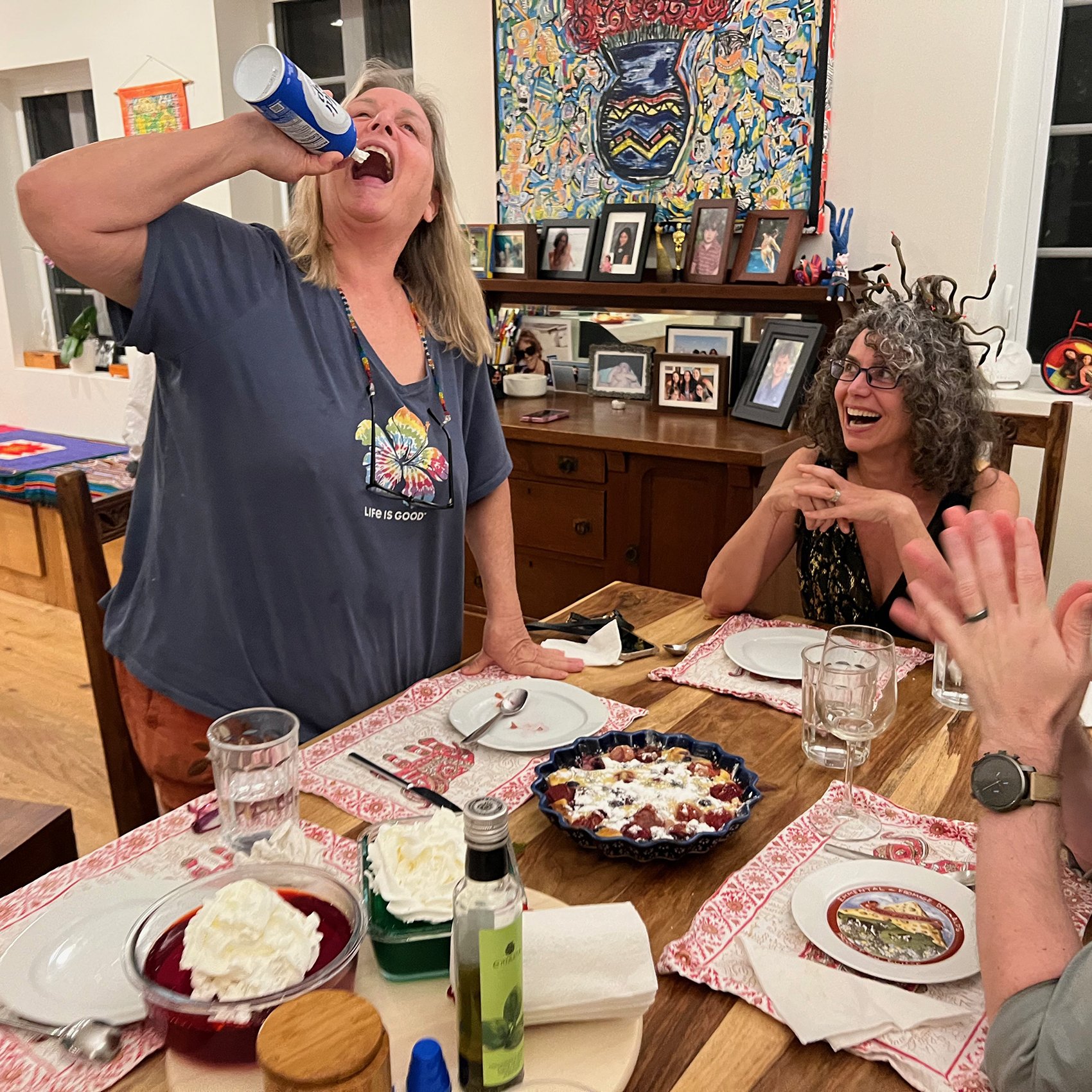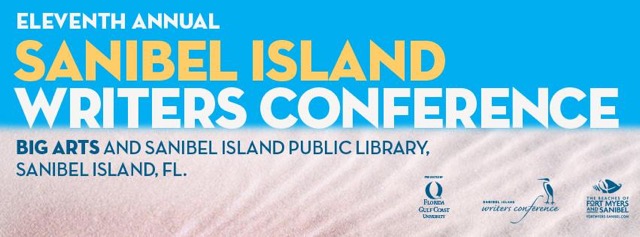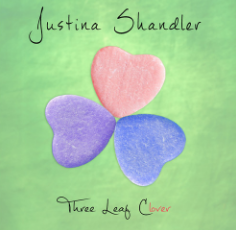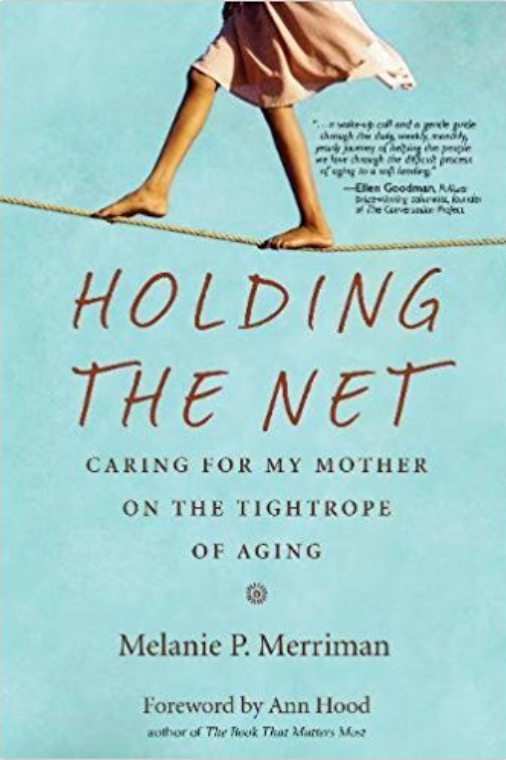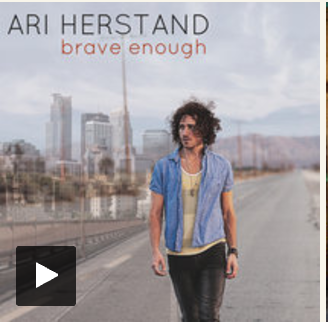Episodes
Allison Langer and Andrea Askowitz at Key Largo retreat 2023
Writing Class Radio is an award winning podcast that airs true personal stories and teaches listeners how to write their own stories. Hosts Allison + Andrea also offer private and group writing classes to help bring the personal into your writing.
If you have time and energy and don’t mind rude language and rough subjects, my daughter, Andrea, has a podcast. She and Allison teach memoir, so all kinds of personal stories get told. It's called "Writing Class Radio."
—Bonnie Askowitz
